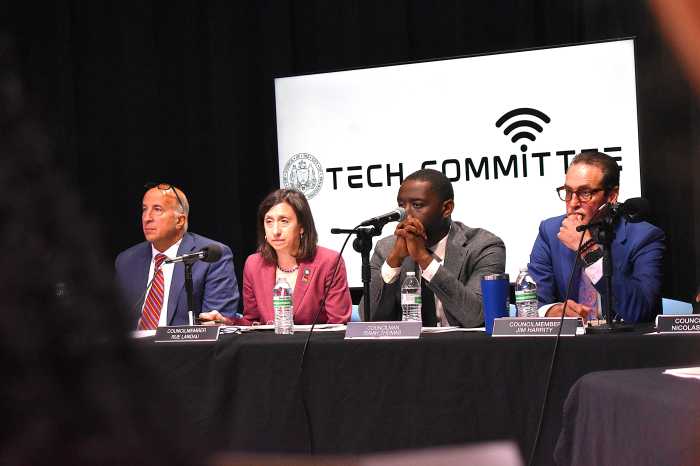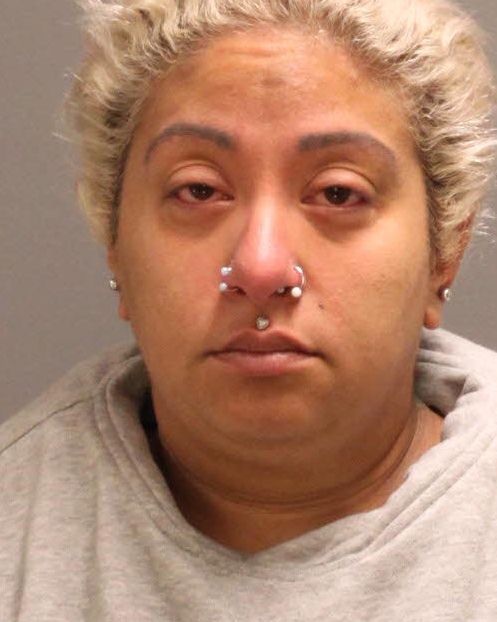Temperatures could reach 100 degrees Tuesday in Philadelphia, and, combined with the humidity, residents will feel even hotter.
A heat health emergency went into effect Monday morning and is expected to last through the end of Wednesday, though the city’s Department of Public Health has said it could be extended depending on the forecast.
It is the second heat emergency of the year, with the first occurring over a four-day period ending June 24.
Health officials are encouraging Philadelphians to check on elderly friends and neighbors, who are particularly vulnerable to high temperatures.
Anyone with questions about heat stress or other weather-related illnesses can call the Philadelphia Corporation for Aging’s Heatline, which will be open from 8:30 a.m. to 8:30 p.m. during the emergency, at 215-765-9040.
The health department advises those without air conditioning to visit family members or friends who do if possible, particularly during the hours between 11 a.m. and 4 p.m., when the sun is at its hottest.

In response to the high temperatures, the city is operating more than 150 cooling centers and sites – at locations including Free Library of Philadelphia branches, recreation centers, pools, spray grounds, older adult centers and Philadelphia Housing Authority senior sites, according to Mayor Cherelle Parker’s administration. An online map shows a complete list of cooling locations, and residents can also call 311 to get information about the nearest site.
The Office of Homeless Services is conducting increased engagement and outreach under its “code red” procedures. Anyone who sees an unsheltered person can call 215-232-1984 or dial 911 in the case of a medical emergency.
During a heat emergency, the Philadelphia Water Department also suspends utility shutoffs for lack of payment.
Along with seniors and people without air conditioning, pregnant women, small children, individuals with chronic medical conditions and people working outside are among those at higher risk of heat stress, city officials said.
Warning signs include decreased energy, loss of appetite, faintness and nausea, according to the health department. Anyone experiencing those symptoms is encouraged to seek out a cool environment, drink water and rest. Residents should contact a doctor or get medical attention if their condition does not improve.
Health officials advise anyone with serious heat-related symptoms, such as unconsciousness, rapid heartbeat, mental confusion, vomiting and difficulty breathing, to call 911 immediately.





























